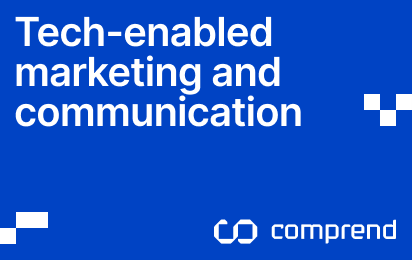
CIPR CONF 2022: THE END OF MANAGERIALISM
Speakers at CIPR’s Annual Conference predict the end to managerialism, describing it as “the social technology that has struggled to evolve the most.”
Hybrid working has forced us to become accustomed to a flexible, individualised work style. When Elon Musk forwarded his doctrine for ‘Twitter 2.0’ to employee inboxes last month announcing a “hardcore” work environment, many felt sympathy as they read the news from remote standing desks or bean bags.
Of course, a hardcore work culture would be enforced through managers: “Regarding remote work, all that is required for approval is that your manager takes responsibility for ensuring that you are making an excellent contribution,” Musk says in the email, adding that workers would be expected to attend in-person meetings no less than once a month.
In another email twenty minutes later, Musk adds: “At risk of stating the obvious, any manager who falsely claims that someone reporting to them is doing excellent work or that a given role is essential, whether remote or not, will be exited from the company.”
David Lewis and Jules Goddard, both teachers at London Business School, led a talk at The Chartered Institute of Public Relations’ (CIPR) Annual Conference in November. In opposition to enforced, top-down company structures, they say, stands an emerging class of “maverick” employees. “Today, beneficiaries are the individuals within an organisation, rather than the company as a whole,” Goddard explains. “Managerialism is the social technology that has struggled to evolve the most.”
Although Musk himself is acknowledged by the pair as a "famous" maverick, the culture he is enforcing is anachronistic. “The world is comprised of creators - or mavericks - versus critics,” Goddard continues.
While Lewis and Goddard observe that mavericks can at times be disruptive to a company, this serves as a test of a company’s internal communications function. “Mavericks don’t want alignment, but they are pragmatists,” Goddard states.


